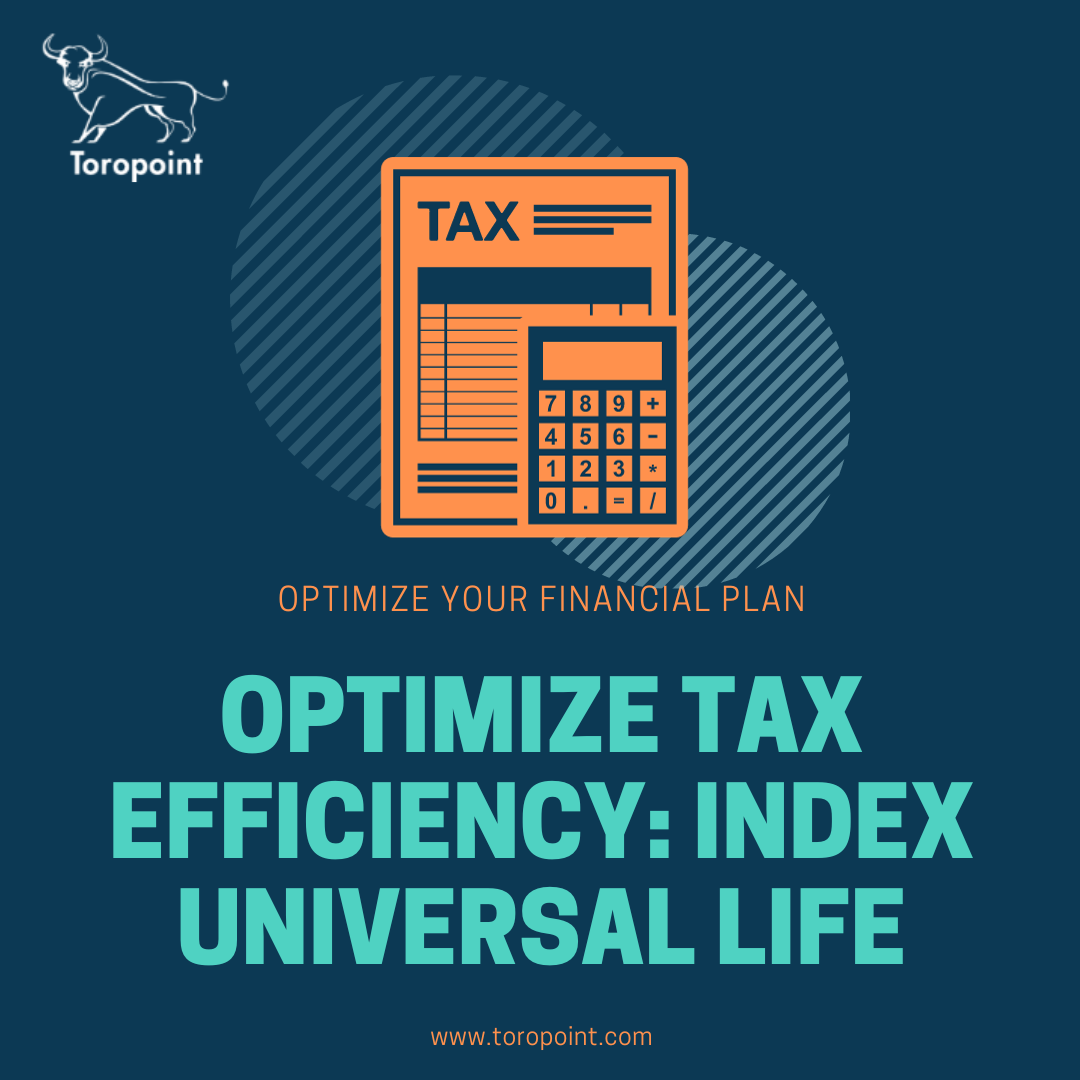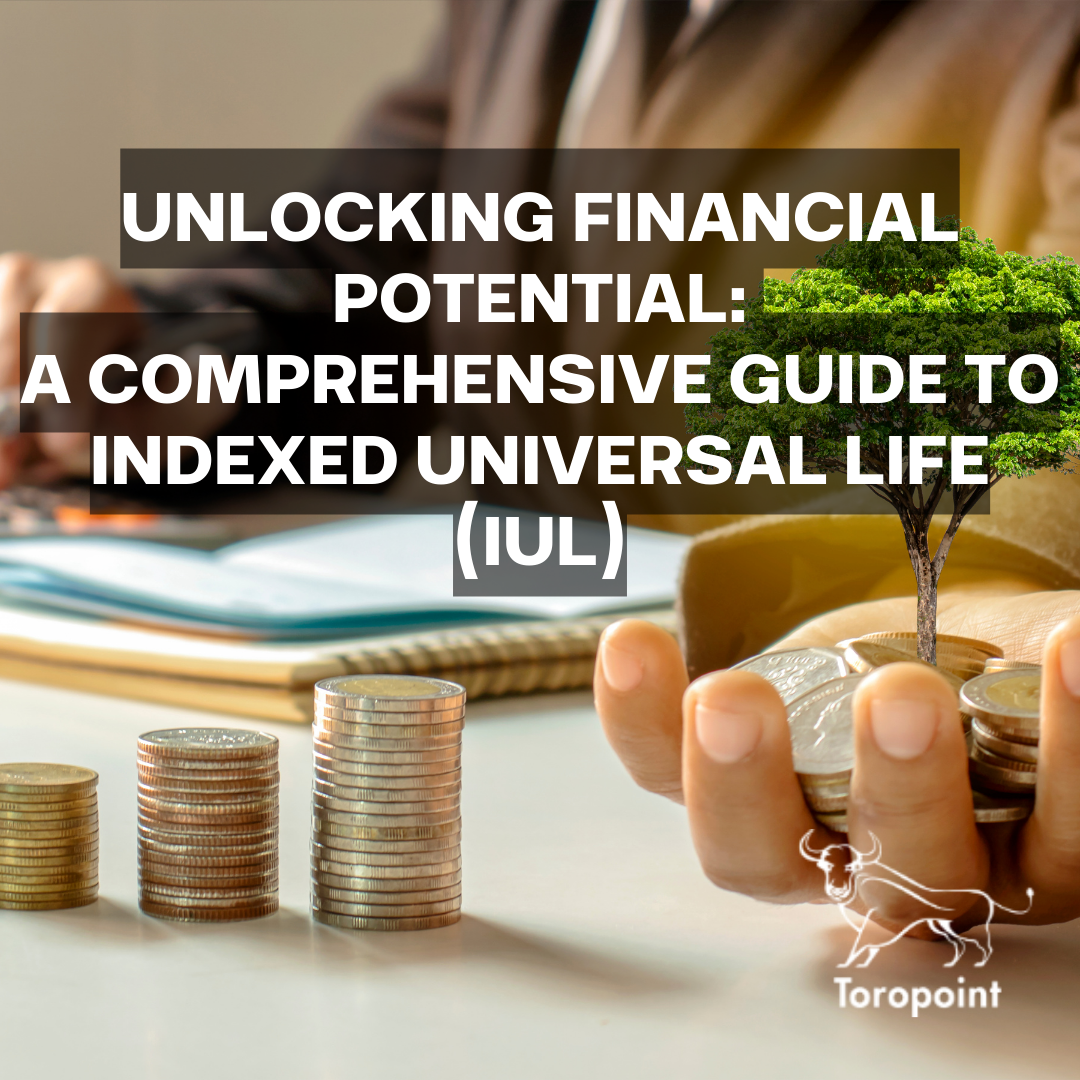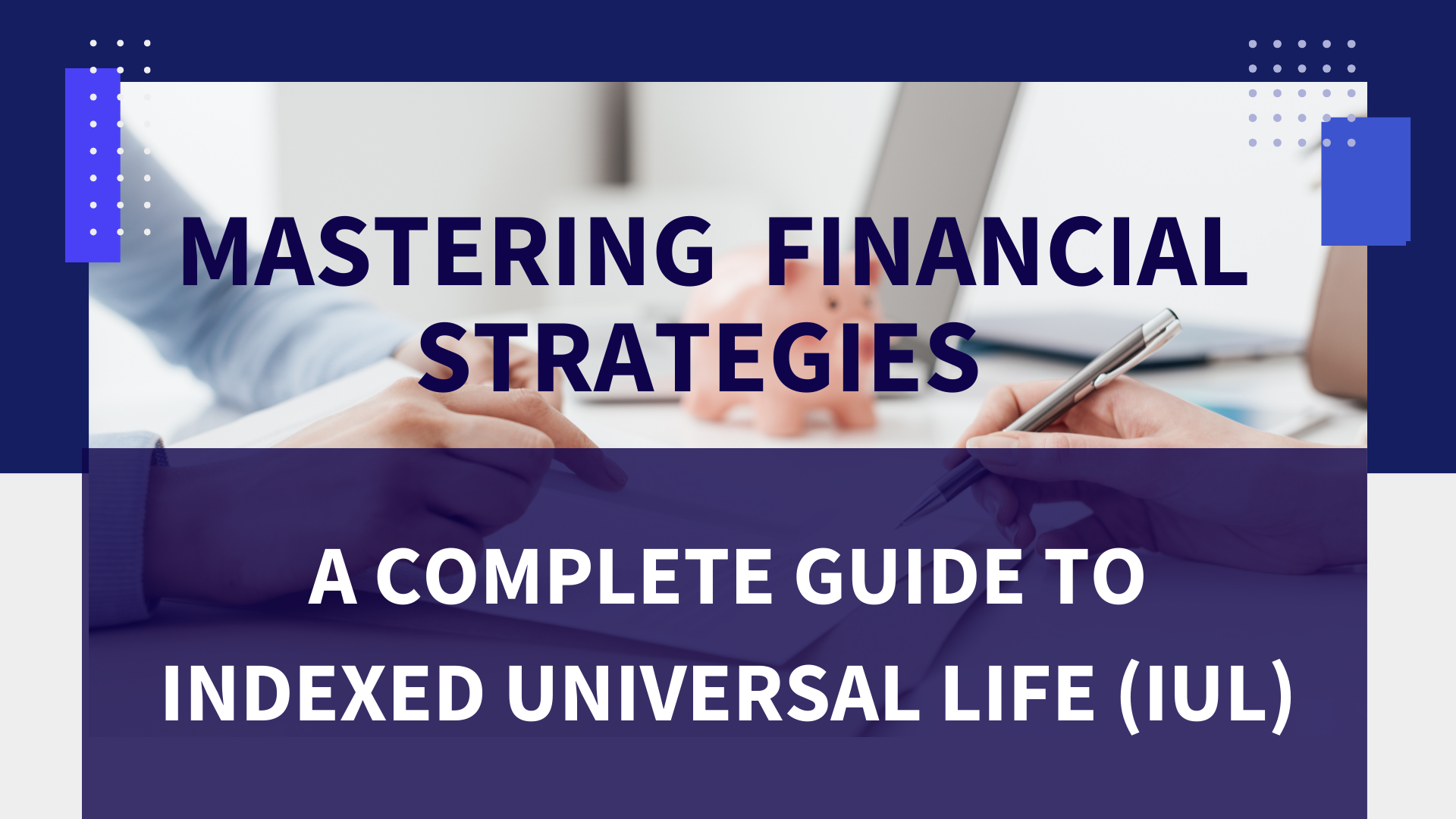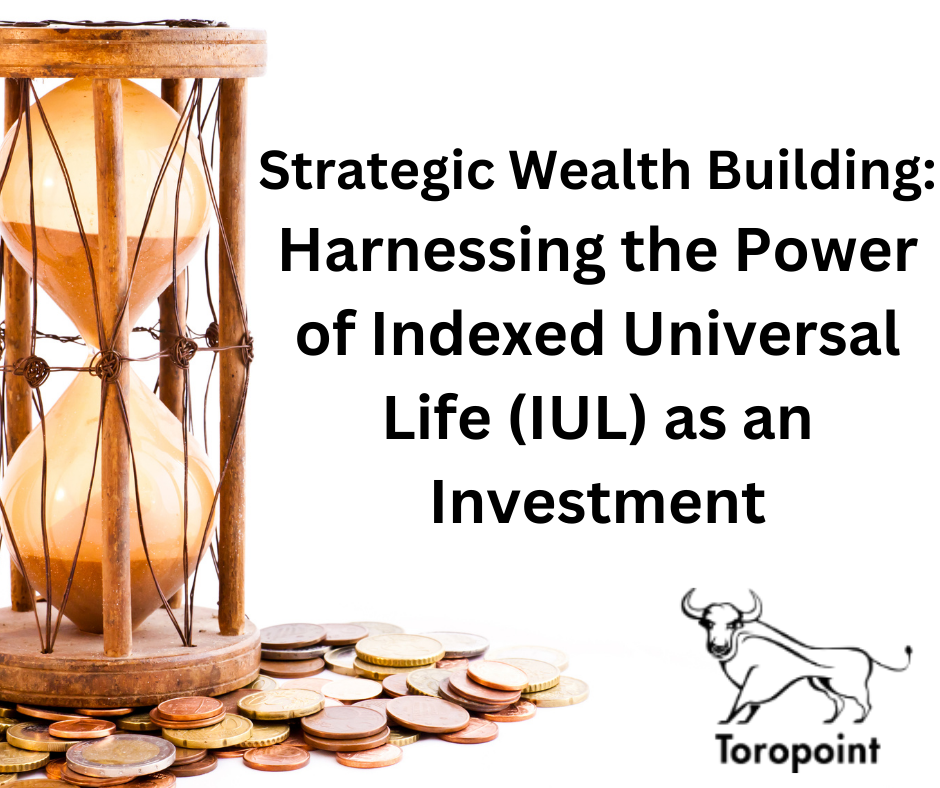BLOGS
BLOGS ARCHIVES - TOROPOINT

By Daniel Parzivand
•
27 Feb, 2024
In the intricate world of financial planning, collaboration is the key to unlocking comprehensive solutions for clients. Certified Public Accountants (CPAs) and estate planning experts bring unique expertise to the table, and when these professionals join forces, they create a powerhouse of knowledge and strategic insight. 1. The Value of Collaboration Between CPAs and Estate Planning Experts Introduction: Highlight the significance of collaboration in providing holistic financial solutions. Illustrate how CPAs and estate planning experts, each with distinct skill sets, can create a symbiotic relationship that elevates client services. Unifying Financial Perspectives: Explore the benefits of bringing together the tax-centric viewpoint of CPAs with the wealth preservation and strategic planning expertise of estate planning professionals. Showcase how this convergence offers clients a more comprehensive understanding of their financial landscape. 2. Establishing a Referral Network for Comprehensive Client Service Identifying Client Needs: Illustrate the process of identifying client needs that span both accounting and estate planning domains. Emphasize the importance of a collaborative approach in recognizing opportunities to enhance overall financial well-being. Creating a Seamless Client Experience: Demonstrate how a well-established referral network ensures a seamless and cohesive client experience. When CPAs and estate planning experts work hand-in-hand, clients receive integrated solutions that address all facets of their financial goals. 3. Success Stories of Collaborative Client Outcomes Case Study 1: Comprehensive Tax Planning and Wealth Preservation : Present a case study showcasing how collaborative efforts between a CPA and an estate planning expert resulted in comprehensive tax planning and successful wealth preservation for a client. Case Study 2: Seamless Business Succession: Explore a case where collaboration between professionals facilitated the seamless transition of a family business through effective estate and tax planning strategies. 4. Educating Clients on the Benefits of Collaboration Transparent Communication: Empower CPAs and estate planning experts to communicate the benefits of collaboration transparently. Highlight how an integrated approach adds value by addressing a wider spectrum of financial needs. Client Empowerment: Illustrate how educating clients about the collaborative process empowers them to make informed decisions. Clients who understand the benefits of a collaborative network are more likely to actively engage in the process. 5. Continuous Learning and Skill Enhancement Professional Development: Acknowledge the dynamic nature of financial landscapes. Encourage continuous learning and skill enhancement for both CPAs and estate planning experts to stay abreast of industry trends and regulatory changes. 6. Conclusion: Elevating Client Success Through Collaboration As CPAs and estate planning experts forge collaborative partnerships, they become architects of financial success for their clients. The synergies created by leveraging their collective knowledge result in comprehensive solutions that not only address immediate financial needs but also lay the foundation for a secure and prosperous future.

By Daniel Parzivand
•
12 Feb, 2024
In the realm of estate planning , high-net-worth clients present a unique set of challenges and opportunities. Certified Public Accountants (CPAs) navigating this complex landscape require advanced strategies to ensure the seamless transfer of wealth while mitigating tax implications. In this article, we explore sophisticated estate planning approaches tailored for high-net-worth individuals. 1. Special Considerations for High-Net-Worth Estates Introduction: High-net-worth estates demand a nuanced approach. Explore the distinctive considerations that CPAs must take into account when dealing with substantial assets, diverse investments, and intricate family structures. Navigating Family Dynamics: Understand the delicate balance of addressing the intricate dynamics within high-net-worth families. Learn how to tailor estate plans to accommodate varied family needs and aspirations. 2. Charitable Planning and Philanthropy Strategic Charitable Giving: Delve into advanced charitable planning strategies for high-net-worth clients. Explore tools and techniques to optimize philanthropic endeavors while leveraging tax benefits to the fullest extent. Establishing Private Foundations: Learn about the creation and management of private foundations as a powerful vehicle for high-net-worth individuals to leave a lasting legacy through structured philanthropy. 3. Mitigating Tax Implications in Complex Estates Maximizing Use of Exemptions and Deductions: Navigate the intricate tax landscape by strategically maximizing available exemptions and deductions. Understand how to optimize the use of tools like the lifetime gift tax exemption and charitable deductions. Utilizing Family Limited Partnerships (FLPs) and Limited Liability Companies (LLCs): Explore the benefits of FLPs and LLCs in high-net-worth estate planning. Understand their role in facilitating the transfer of wealth while providing flexibility and asset protection. 4. Case Studies: Real-World Applications of Advanced Estate Planning Case Study 1: Multigenerational Wealth Preservation : Explore a case study illustrating successful multigenerational wealth preservation strategies. Understand how advanced planning can ensure the sustained financial well-being of future generations. Case Study 2: International Estate Planning Challenges: Delve into the complexities of international estate planning for high-net-worth individuals. Uncover strategies to address cross-border assets, diverse legal systems, and tax implications. 5. Continuous Monitoring and Adaptation Dynamic Nature of High-Net-Worth Estates: Acknowledge the dynamic nature of high-net-worth estates. Learn why continuous monitoring and adaptation of estate plans are crucial to ensuring they align with evolving financial landscapes and client priorities. 6. Conclusion: Elevating Estate Planning for the Affluent As CPAs master advanced estate planning strategies, they empower high-net-worth clients to navigate the complexities of wealth preservation successfully. The synergy of tailored approaches, strategic philanthropy, and meticulous tax planning positions CPAs as invaluable partners in the journey of creating a lasting financial legacy. In our next installment, we will explore the collaborative possibilities between CPAs and estate planning experts, showcasing the value of building a comprehensive network for client success.

By Daniel Parzivand
•
06 Feb, 2024
Discover the strategic role of life insurance in estate planning for CPAs. Explore tax-efficient wealth transfer, ILITs, real-world case studies, and the art of aligning life insurance with individual client goals. Elevate your estate planning services with this comprehensive guide.

By Daniel Parzivand
•
15 Jan, 2024
In the intricate world of financial planning, the quest for tax efficiency is a common thread. For those seeking a tool that not only provides financial security but also contributes to tax optimization, Indexed Universal Life (IUL) emerges as a compelling solution. Let's unravel the layers of tax advantages that make IUL a strategic asset in your financial planning arsenal. Tax-Free Death Benefit: Preserving Wealth for Beneficiaries One of the standout features of IUL is the tax-free death benefit. When the policyholder passes away, the death benefit paid out to beneficiaries is typically free from income taxes. This is a crucial advantage, ensuring that the full benefit amount goes to your loved ones without the erosion of taxes. Tax-Deferred Growth: Maximizing Investment Potential The cash value component of an IUL policy grows on a tax-deferred basis. As long as the funds remain within the policy, they can accumulate without triggering annual income taxes. This tax-deferred growth allows the cash value to potentially grow at a faster rate compared to taxable investments. Tax-Free Withdrawals and Policy Loans: Accessing Funds Strategically IUL policies often allow policyholders to access the accumulated cash value through tax-free withdrawals and policy loans. This provides a valuable source of liquidity without incurring immediate tax liabilities. Whether you need funds for a major purchase, education, or unforeseen expenses, IUL offers flexibility in accessing your wealth. Tax-Efficient Income in Retirement: Crafting a Secure Future As retirement approaches, the tax-efficient nature of IUL becomes even more significant. Policyholders can structure their income in retirement by taking tax-free withdrawals or loans from the policy's cash value. This strategic approach allows you to supplement other retirement income sources while potentially reducing your overall tax burden. Estate Tax Planning: Navigating Complexities with Ease For those navigating the complexities of estate planning, IUL can play a pivotal role. The tax-free death benefit can be a valuable tool in mitigating potential estate taxes, ensuring that your wealth is efficiently transferred to the next generation. Combining Wealth Protection and Tax Efficiency: A Holistic Approach The synergy of wealth protection and tax efficiency positions IUL as a holistic financial planning tool. As you safeguard your family's future with a robust life insurance component, you're also creating a tax-efficient environment for wealth accumulation and distribution. Next Steps: Exploring IUL's Full Potential In our next article, we'll explore how Indexed Universal Life (IUL) can be strategically used as an investment vehicle. Understanding the dual nature of IUL as both a tax-efficient instrument and an investment tool is key to unlocking its full potential in your financial plan. Stay tuned for insights into wealth-building strategies and harnessing the investment power of IUL or contact us to learn how you can set up an IUL!

By Daniel Parzivand
•
03 Jan, 2024
Dive into the world of Indexed Universal Life (IUL) with our comprehensive guide. Learn about its features, how it differs from traditional life insurance, tax advantages, and its role as an investment vehicle. Stay tuned for more insights on using IUL for wealth building and tax savings.

By Artem Tkach
•
20 Dec, 2023
Estate planning is a powerful financial strategy that extends far beyond the distribution of assets. It's a comprehensive approach to ensuring your wishes are honored, your loved ones are cared for, and your legacy endures. Here are some key benefits that highlight the importance of estate planning: 1. Asset Distribution on Your Terms: Estate planning allows you to articulate precisely how you want your assets distributed after your passing. Whether it's real estate, investments, or personal belongings, you retain control over the allocation, ensuring your intentions are met. 2. Minimizing Tax Liabilities: Strategically planned estates can minimize the tax burden on your heirs. Through tools like trusts and other tax-efficient strategies, you can optimize your financial legacy, allowing more of your assets to pass to your beneficiaries. 3. Protecting Your Loved Ones: Beyond financial considerations, estate planning safeguards your loved ones. You can designate guardians for minor children, ensuring they are cared for by someone you trust. This alleviates potential family disputes and provides peace of mind regarding the well-being of those you cherish. 4. Avoiding Probate: A well-structured estate plan can help your assets avoid the often lengthy and costly probate process. This means a smoother and faster distribution of assets to your heirs, sparing them unnecessary stress during an already challenging time. 5. Healthcare Directives: Estate planning extends to your healthcare wishes. Through tools like living wills and healthcare proxies, you can outline your preferences regarding medical treatment and appoint someone to make decisions on your behalf if you become incapacitated. 6. Business Succession Planning: For business owners, estate planning is essential for smooth business succession. It ensures a seamless transition of ownership and management, preventing disruptions and preserving the continuity of the business you've built. 7. Charitable Giving: Estate planning provides an opportunity to leave a lasting impact through charitable giving. You can include provisions for donations to your favorite causes, contributing to the betterment of society and leaving a positive legacy. 8. Family Harmony: Clear instructions and transparent communication in your estate plan can foster family harmony. By addressing potential sources of conflict and providing a roadmap for asset distribution, you reduce the likelihood of disputes among heirs. 9. Asset Protection: Certain estate planning tools, such as trusts, can offer asset protection. This is particularly important for high-net-worth individuals who want to shield their wealth from potential creditors or legal claims. 10. Peace of Mind: Perhaps the most significant benefit of estate planning is the peace of mind it provides. Knowing that your wishes are documented, your loved ones are protected, and your legacy is secure allows you to navigate life with a sense of assurance and tranquility. In conclusion, estate planning is a multifaceted strategy that goes beyond mere financial considerations. It's a comprehensive approach to securing your legacy, protecting your loved ones, and ensuring your wishes are respected. Regardless of your age or financial status, investing time in thoughtful estate planning is an invaluable gift to yourself and your heirs.
ALL RIGHTS RESERVED© TOROPOINT 2024




